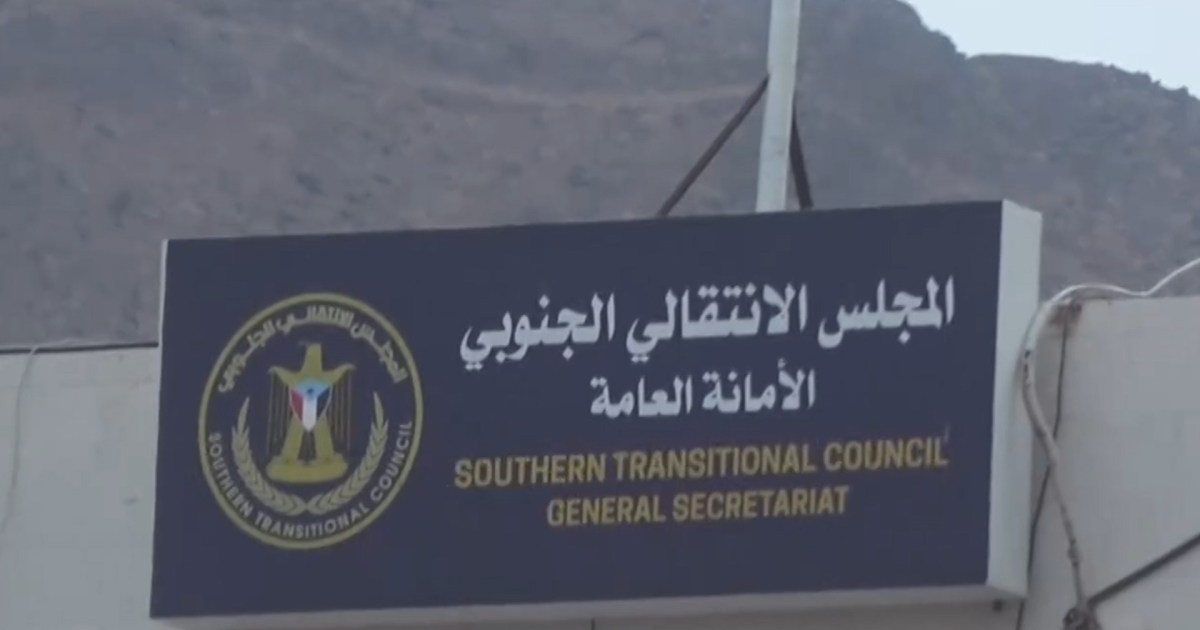The Emirati-backed Southern Transitional Council described the package of presidential decisions to appoint the president and members of the Shura Council Presidency, and a new Attorney General, as a "dangerous coup and an outright departure from the contents of the Riyadh Agreement, and the consensus and partnership between the two parties."
The Transitional Council condemned - in a statement - what it described as the repeated attempts to disrupt the completion of the implementation of the Riyadh Agreement, confuse the scene, and thwart the work of the government of parity between the south and the north emanating from the agreement.
The Transitional Council renewed its adherence to all provisions of the Riyadh Agreement, calling on the sponsors of the agreement to complete its implementation.
He also promised that he will take what he described as appropriate steps, in the event that the decisions taken without prior agreement are not addressed.
The Yemeni President, Abd Rabbu Mansour Hadi, issued a decision - Friday evening - appointing Ahmed Saleh Al-Mousai (a former security leader) as the country's vice-general, and Ahmed Obaid bin Dagher as president of the Shura Council, after he previously held the positions of prime minister and advisor to the president.
The Shura Council was headed by Abd al-Rahman Othman, and it is a second parliamentary chamber whose members are appointed from among those with experience and competence, but it has not practiced its work due to the division among its members since the beginning of the war.
The government of parity between the south and the north - stemming from the Riyadh Agreement (late 2019) - took the constitutional oath in front of Hadi in Riyadh on December 26, and arrived in the temporary capital, Aden, southern Yemen, after 4 days, to start its duties.

